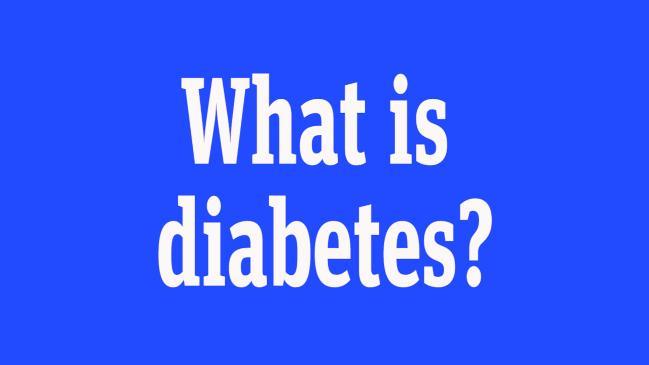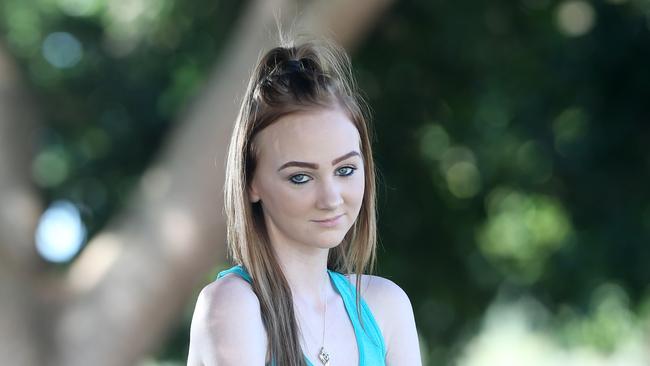Diabetes 2 sufferers blamed, shamed for disease
DIABETICS are being blamed and shamed for supposedly bringing the life-threatening disease on to themselves, even in cases where lifestyle choices have nothing to do with their diagnosis.

QLD News
Don't miss out on the headlines from QLD News. Followed categories will be added to My News.
DIABETICS are being blamed and shamed for supposedly bringing the life-threatening disease on to themselves.
As the condition is increasingly negatively linked to obesity and junk food, new data highlights cruel prejudices against those with both type 1 and 2 diabetes who cannot help their diagnoses.
Even those who are at a healthy weight, exercise and eat well are ridiculed.
The Amcal 2018 Diabetes Care Review has found a quarter of Queenslanders believe the condition is self-inflicted, one-fifth of diabetics have faced discrimination at work — including being passed over for promotion — and almost one-quarter have felt guilty and embarrassed.
Diabetes Queensland CEO Michelle Trute said people must resist acting as judge and jury.
She said those with type 1 diabetes — an auto-immune condition — had no control over their diagnoses and that diet and exercise did not play a role in 40 per cent of type 2 cases, as it was a problem with the pancreas.
“If you can’t help, I’d ask all to at least not hurt,” she said.
“I’m troubled but not surprised with the new findings.

“None of us know who will be the next person to be diagnosed with type 1 diabetes so it’s time we treated people living with diabetes as we’d like to be treated ourselves.”
The disease is mostly diagnosed in people aged under 25, including children and babies, although it can strike at any time.
Both types of diabetes are chronic diseases that affect the way the body regulates blood sugar, or glucose.
Glucose is the fuel that feeds cells but the body needs insulin to allow it to enter the cells.
Pharmacist James Nevile said it was important to understand how poor emotional wellbeing could interfere with diabetes management.
Managing diabetes can involve taking medication — including injecting insulin and testing blood glucose levels several times a day.
Claudia McGuinness, 17, knows the drill well. She was diagnosed with type 1 diabetes eight years ago and has been the target of prejudice and discrimination.
The Birkdale teen tells of sitting in class when her glucose levels plummeted, and feeling very ill and scared.
“I asked the teacher if I could run to my bag outside the classroom to get my testing kit,” she said.
“He refused as he thought I was putting it on. But I was fading fast and the only thing I could do was jump out of the classroom window to urgently grab my kit.
“That was one of the most frightening experiences and the teacher just had no clue how dangerous diabetes can be. That teacher was suspended and I left the school. ”

For the first couple of years Claudia was afraid of needles but eventually learned how to inject her insulin, then at age 12 she got a pump that attaches to her body.
“When my friends were going out to parties and socialising I often stayed home. I didn’t want to take any risks,” she said.
“Sometimes people would insult me by telling me to go and eat a big sugary doughnut — even though my type 1 has nothing to do with eating too much sugar.”
Photos of junk food would often appear in Claudia’s Snapchat, captioned “bring on diabetes”.
“Most people don’t know anything about diabetes,” she said.
“To be honest I didn’t know much about it myself in the beginning, but these days there is so much talk about obesity and the link that has to diabetes 2 and they get very confused and judgmental.”
The teenager claims she did not get a job at a fast food restaurant because she was diabetic.
“I was told I had the job then at the end of the interview I just added that I had diabetes,” she said.
“The whole atmosphere changed and they didn’t get back to me.”


